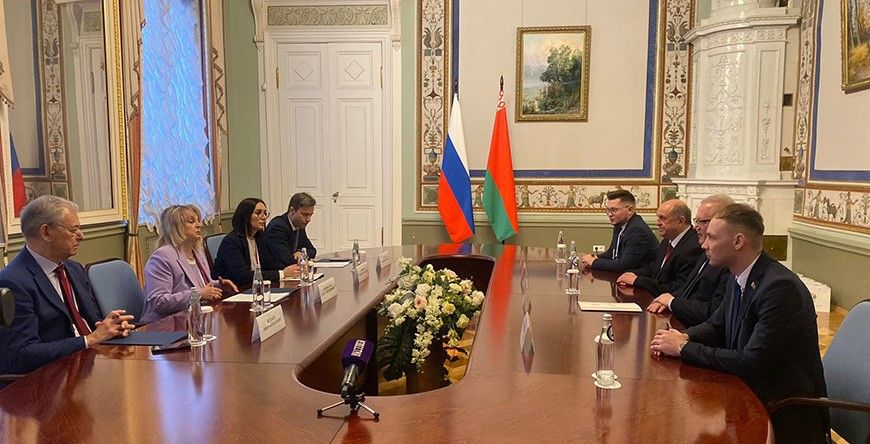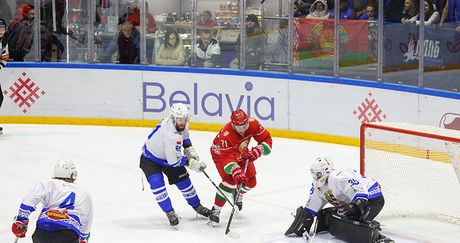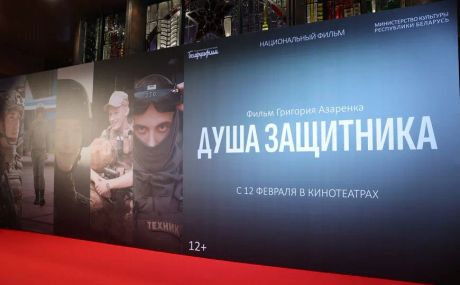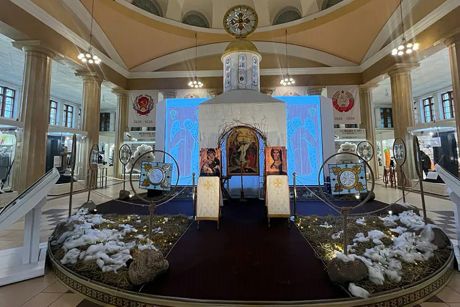Russian CEC invited to observe local and parliamentary elections in Belarus
10:34, 1 December

Photo: BelTA
Belarusian CEC Chairman Igor Karpenko met with CEC Chairperson Ella Pamfilova of Russia in St. Petersburg on 30 November, BelTA has learned.
- Share on Facebook
- Share on VK
- Share on Twitter
"We consider the interaction of the electoral bodies of Belarus and Russia as a productive form of studying and analyzing the modern electoral process and democratic procedures. Thus we enrich the professional knowledge and learn the best practices, discuss significant electoral issues, develop standards, improve the methodology of international observation and criteria for assessing the results of elections, and work out a joint position in the international arena," Igor Karpenko said.
Belarus and Russia are connected at the genetic level, the roots of which go way back to the East Slavic ethnos, Igor Karpenko noted. "We share a common history, culture, mentality. We also share the heritage of constitutional and electoral law from the Novgorod, Pskov and Polotsk veche traditions to modern parliamentarism and local self-government," he stressed.
Igor Karpenko invited Russian CEC head Ella Pamfilova to take part in the observation of the local and parliamentary elections on the single voting day on 25 February 2024.
Igor Karpenko also met with the Secretary General - Head of the Secretariat of the CIS Interparliamentary Assembly Council Dmitry Kobitsky at the Tauride Palace.
Igor Karpenko briefed Dmitry Kobitsky about the preparations for the local and parliamentary elections on the single voting day on 25 February 2024, and also discussed the cooperation in the electoral matters. A the parties also discussed the issues related to the openness of the electoral system of Belarus during the single voting day.
Igor Karpenko informed Dmitry Kobitsky about plans to invite international observers: "The 2024 election campaign will be held in an open and transparent manner. International observers will be able to see this for themselves. After all, we primarily view international observation as a form of communication and interaction between electoral experts and professionals. This is very important from the point of view of further development, state-building and the electoral system as a whole."






